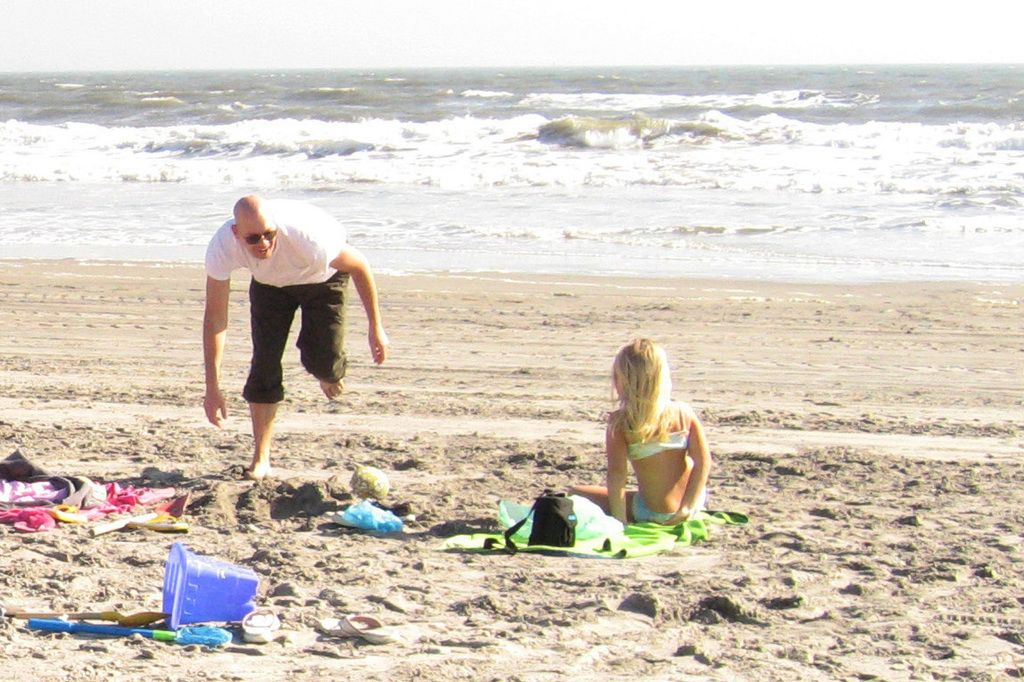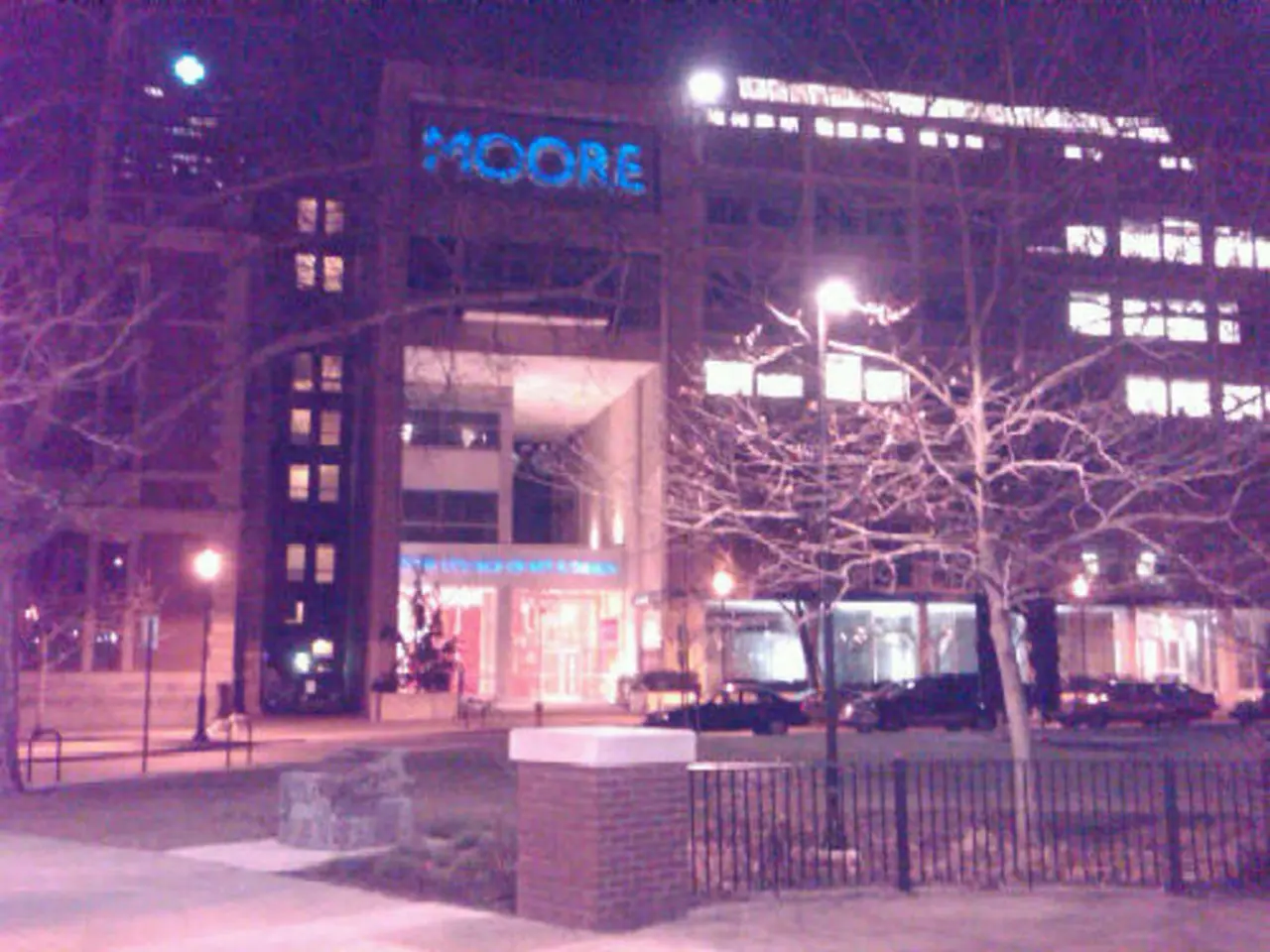A Growing Trend: Medical Care Centers in Saxony-Anhalt, But Access Remains an Issue
Increased Number of Healthcare Facilities Spread Out in Saxony-Anhalt - Expanded count of health facilities in Saxony-Anhalt
The landscape of medical care in Saxony-Anhalt has been changing rapidly, with an impressive increase in the number of Medical Care Centers (MVZ) over the past few years. From 74 facilities in 2019 to 111 by the end of 2024, the surge is undeniable, as reported by state parliamentarian Nicole Anger (Left). Besides Halle, Magdeburg, the Harz district, and the Burgenlandkreis, several other towns host multiple MVZs.
However, Anger flags a concern – an ever-growing number of MVZs sliding into private hands. With profit-driven providers on the rise, medical needs seem to be taken a backseat in favor of economic interests, as suggested by Anger, the health policy spokeswoman for the Left faction.
The focus on high-profit specialties such as surgery, orthopedics, radiology, and dentistry over primary care confirms the prioritization of economic factors over public welfare.
The Altmark Crisis
Anger paints a grim picture for the Altmarkkreis Salzwedel, where both the MVZ and a sustainable hospital infrastructure are notably absent. The region's medical care has been in dire straits for quite some time, she points out. The state needs to intervene urgently to address these supply gaps and provide support for community-oriented MVZs.
It's startling to know that, apart from doctor's practices, there's not a single MVZ in communal ownership in Saxony-Anhalt. The state government's response to the inquiry confirms that no municipality is currently pursuing such an intention, and no funds are allocated in the state budget for promoting and supporting communal MVZs.
Unlike doctor's practices, MVZs are distinct in their organizational separation of ownership from medical treatment. Doctors are often hired as staff in these facilities, according to the Federal Ministry of Health. MVZs can function as interdisciplinary or group-practice facilities.
General Challenges and Implications: A Closer Look
Multiple factors might contribute to the scarcity of community-owned MVZs in Saxony-Anhalt and its potential impact on healthcare access in the Altmark region. Here are some key considerations:
Financial Constraints: Establishing and maintaining community-owned medical centers often requires substantial financial investment, which may prove challenging for rural areas like those in Saxony-Anhalt.
Regulatory Barriers: Legal and regulatory frameworks could pose obstacles for initiating community-owned healthcare facilities, especially if they're not well-suited to existing healthcare policies.
Healthcare Policies and Funding: German healthcare policies and funding models might not effectively support community-owned centers as compared to other types of facilities.
Rural Health Challenges: Rural areas often face difficulties in retaining healthcare professionals due to limited career opportunities and lower remuneration compared to urban areas.
Ensuring Accessible Medical Care for the Altmark Region
To address accessibility issues in the Altmark region, approaches such as enhancing existing healthcare infrastructure, implementing telemedicine services, and supporting rural healthcare programs should be considered. Additionally, policy changes or community engagement initiatives might help overcome the challenges faced by community-owned healthcare facilities.
In the wake of the escalating trend in Medical Care Centers (MVZs) in Saxony-Anhalt, it's concerning that there is no communal ownership of MVZs in the state, as reported in an inquiry response from the state government. Despite the lack of community-owned MVZs, vocational training programs could play a vital role in bolstering health-and-wellness services, especially in rural areas like the Altmark region.
With the increase in MVZs, the focus on high-profit specialties like orthopedics and radiology overshadows primary care, which risks exacerbating health-related issues. In 2024, when there will be 111 MVZs in Saxony-Anhalt, it's crucial to advocate for science-based and community-oriented medical care, ensuring that funds are directed toward addressing medical-conditions and improving health-and-wellness overall, rather than focusing solely on economic interests.
Moreover, community aid can make a significant difference in the Altmark region by filling the gaps in the MVZ and hospital infrastructure that currently exist. Innovative solutions such as vocational training programs for healthcare professionals could be a stepping-stone toward creating a sustainable, community-driven healthcare system in the region.
Financial constraints, regulatory barriers, and ineffectual healthcare policies and funding models might be obstructing the establishment and growth of community-owned MVZs in rural areas like Saxony-Anhalt. By addressing these issues and promoting a more collaborative approach between the government, healthcare providers, and the community, we can work towards a future where accessible medical care is a reality in the Altmark region and beyond.








